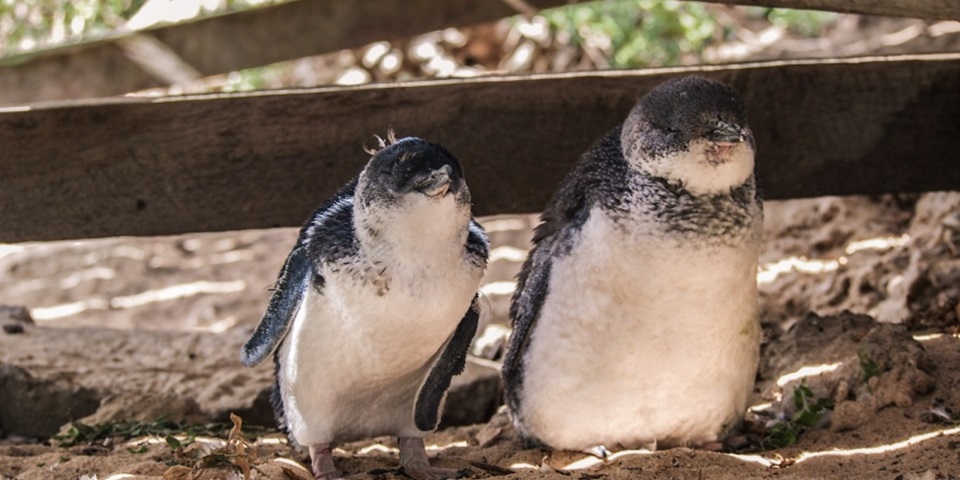News
Human faeces suspected source of superbug in penguins and pigeons

New research has revealed more bird populations – including penguins and pigeons – that live in close proximity to the urban environment are carrying drug resistant bacteria that can cause serious infections in humans.
The team from Murdoch University also found one in two seagulls were carrying Escherichia coli (E. coli), up from two in ten when initial research on the topic was carried out, and they are passing it on to the other bird species.
Led by Murdoch University antimicrobial researcher Sam Abraham, the researchers found genetic markers tying the resistant bacteria found in the birds to those found in humans.
The evidence indicates the E. coli transmission chain starts with birds being infected from human waste and then spreading the bacteria further throughout the environment,” Dr Abraham said.
“Importantly, there is a risk the birds can transfer the pathogen to back to humans, or to livestock or domestic animals through environmental contamination.
“We don’t know specifically how the birds are picking up the bacteria but suspect it could be from the landfill sites where the gulls routinely forage, and in particular, from nappies, incontinence pads and other waste at these sites.
“The gulls then spread the pathogen to other bird species, which is how we suspect penguins and pigeons are also carriers given they have different lifestyles and do not forage in waste as seagulls do.”
Dr Abraham said the bacteria carried by the birds cause serious infections in humans such as urinary tract infections and sepsis, and their presence in wildlife will also further reduce the time critical antibiotics will remain effective.
The research was carried out on birds located on Penguin Island, a popular metropolitan tourist destination.
“This suggests scavenging birds such as seagulls are likely to pick the bacteria up from humans and are then transferring it to other bird species at breeding colonies or watering points.
Dr Nick Dunlop, citizen-science coordinator at the Conservation Council said the research found that Bridled Terns, also tested as part of the research, did not carry the bacteria.
“These seabirds forage on natural food sources at sea and distant from human activity, suggesting the bacteria are transmitted through contaminated water and scavenged foodstuffs, adding further weight to the hypothesis that contamination via human sources is the initiating factor in what we have seen,” Dr Dunlop said.
News
Human faeces suspected source of superbug in penguins and pigeons
Posted on
Topics